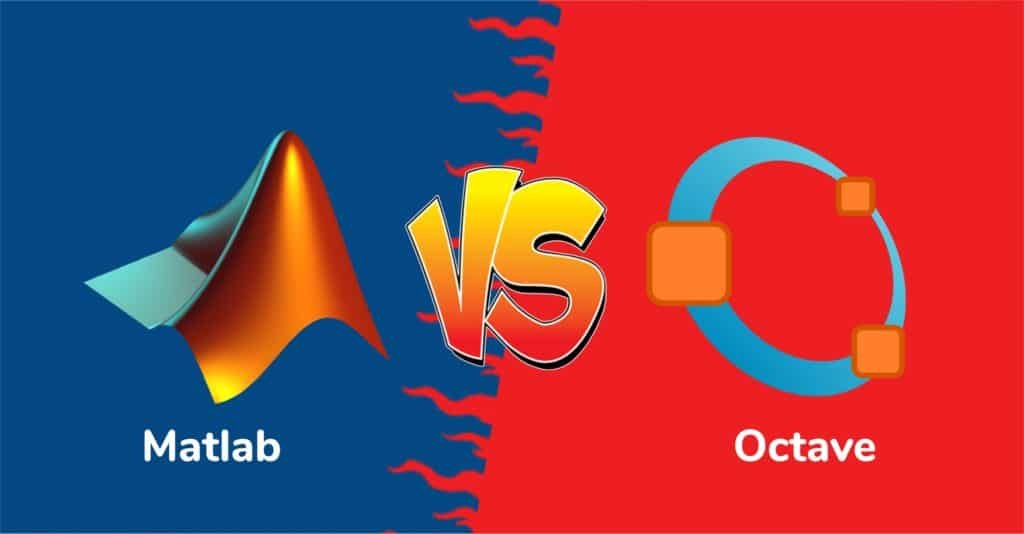Choosing a programming language can feel like picking the perfect tool from a giant toolbox. In this article, we’ll explore two popular options as Zig vs Rust. These languages might sound unfamiliar, but they’re like different superheroes with unique powers.
Zig is known for its simplicity and speed, making it a great choice for beginners diving into programming. On the other hand, Rust boasts about its safety features, keeping your code secure from bugs and crashes.
Think of Zig as the speedy racer, while Rust acts like the protective shield for your programs. We’ll break down their strengths, weaknesses, and where they shine. By the end, you’ll have a clearer picture of which superhero programming language suits your needs best. So, if you’re ready to explore the coding world, buckle up as we journey through Zig and Rust!
| Unlock Your Coding Potential with Expert Assistance! Our Programming Assignment Help ensure your code shines brighter. From debugging to crafting impeccable algorithms, we’re your programming partners |
What is Zig ?
Table of Contents
Zig is a programming language that balances simplicity and power. It’s great for building fast and safe software, especially in systems and application development. With a clear and easy-to-understand structure, Zig helps catch errors early, making programs more reliable. It’s gaining popularity due to its focus on safety without compromising speed, making it a choice for those who want efficient yet secure coding.

Pros:
- Safety: Emphasizes catching errors early for more reliable code.
- Performance: Offers efficiency without sacrificing safety.
- Clear Syntax: Easy-to-understand structure for beginners.
Cons:
- Growing Pains: Still evolving, so some features might change.
- Limited Ecosystem: Smaller community compared to more established languages.
Applications of Zig:
- Systems Programming: Zig is well-suited for systems programming tasks, where performance and control are crucial.
- Application Development: It can be used for various application development that requires efficiency and low-level control.
- Prototyping: Due to its ease of use and clear syntax, Zig can be used for instant prototyping to quickly test and check ideas.
What is Rust?
Rust is a modern era programming language which focuses on safety and performance. It prevents bugs by enforcing strict rules during development. It’s great for building reliable and fast software, particularly for systems programming like operating systems or web browsers. Rust’s user-friendly syntax makes it accessible to beginners while offering advanced features for seasoned developers, making coding more secure and efficient.

Applications:
- Ideal for systems programming like operating systems and device drivers.
- Used in web development, game engines, and applications requiring high performance.
Pros:
- Safety: Prevents common bugs like null pointer dereferencing.
- Performance: Offers efficiency without sacrificing safety.
- Concurrency: Provides safe and efficient handling of multiple tasks.
- Growing Community: Active support and libraries for development.
Cons:
- Learning Curve: Its safety features might have a steeper learning curve.
- Strict Rules: Some find its strict rules restrictive initially.
- Limited Legacy Support: Compatibility with older systems might require more effort.
Zig Vs Rust: A Complete Comparison
Now, join us on an informational journey through the landscapes of programming language design, as we examine, analyze, and draw comparisons between these powerful yet distinctive tools in the developer’s kit.
| Parameters | Zig | Rust | |
| 1. | Memory Management | Explicit manual memory management. | Employs a sophisticated ownership model with borrowing and lifetimes to ensure memory safety. |
| 2. | Syntax | Aims for simplicity and readability with C-like syntax. | Uses a more unique syntax with strong patterns and expressive features. |
| 3. | Error Handling | Relies on return codes or optional error sets for error handling. | Utilizes the Result and Option types for handling errors and optional values. |
| 4. | Safety Features | Focuses on minimal abstractions and places the responsibility on the programmer for safety. | Emphasizes safety through its ownership, borrowing, and lifetimes system, preventing common errors. |
| 5. | Concurrency | Provides concurrency primitives but lacks a built-in async/await model. | Offers powerful concurrency support with the async/await syntax and a sophisticated Future abstraction. |
| 6. | Compilation Speed | Known for its fast compilation times. | Generally slower compilation compared to Zig, especially for larger projects. |
| 7. | Standard Library | Focused on simplicity and minimalism in its standard library. | Offers a rich and comprehensive standard library with abstractions. |
| 8. | Tooling | Still evolving its tooling and ecosystem. | Has a mature and well-established ecosystem with extensive tooling. |
| 9. | Platform Support | Supports a wide range of platforms but may require more manual configuration. | Also supports various platforms and architectures, and its tooling often abstracts away complexities. |
| 10. | Community Size | Smaller community compared to Rust. | Has a larger and more active community with diverse contributions. |
| 11. | Learning Curve | Often perceived as having a relatively lower learning curve. | Known for a steeper learning curve, especially regarding its ownership. |
| 12. | IDE Support | IDE support may be limited compared to Rust. | Benefits from robust IDE support with plugins for popular editors like VS Code and IntelliJ. |
| 13. | Stability | Still evolving and may have breaking changes between versions. | Stable with well-defined stability guarantees, ensuring backward compatibility. |
| 14. | InterOP with C | Designed for seamless interoperability with C. | supports interoperability with C, but it often requires using FFI and unsafe code. |
| 15. | Extensibility | Greater extensibility due to its focus on metaprogramming and compile-time execution. | Offers extensibility through macros but with a more complex syntax. |
| 16. | Garbage Collection | Does not have a garbage collector; relies on manual memory management. | Similarly avoids a garbage collector by using ownership and lifetimes for memory management. |
| 17. | Community Priorities | Prioritizes simplicity, performance, and developer control. | Prioritizes safety, concurrency, and expressiveness. |
| 18. | Expressiveness | Focuses on simplicity but still offers expressive features. | Known for its powerful and expressive type system and functional programming capabilities. |
| 19. | Project Maturity | Still considered relatively young compared to Rust. | Has been in development for longer and is more mature, with a stable release history. |
| 20. | Adoption Rate | Still gaining traction and growing in popularity. | Rust Has seen widespread adoption across various domains |
These differences showcase the unique strengths and design structures of both Zig and Rust, catering to different preferences and project requirements.
Salary Comparison: ZIG Programmer vs Rust programmer
In 2023, the average annual earnings of a Rust programmer varies across different countries and companies. In the United States, the average salary is around $93,000, with a median hourly rate of $47. In the UK, Rust engineers typically earn about 77,500 GBP per year, with salaries ranging between 42,500 GBP and 97,500 GBP. On the other hand, in Web3, the average yearly salary for a Rust developer is $140,000, with a minimum base salary of $60,000 and a maximum of $250,000.
Additionally, according to another reputed research site, Zig is also one of the highest-paid programming languages, with an average salary of around $104,000. These figures demonstrate the competitive earning potential for both Rust and Zig programmers in the current job market.

As Zig continues to grow and gain popularity, the salaries and demand for Zig programmers might also increase over time, potentially narrowing the gap between Rust and Zig programmers’ compensation.
Conclusion
In wrapping up the comparison between Zig vs Rust, both languages have their strengths. Rust stands out for its strong emphasis on safety and preventing bugs, while Zig shines in simplicity and ease of use. Rust’s focus on memory safety and strict rules makes it a solid choice for building robust and secure applications, especially in systems programming. On the other hand, Zig’s straightforward syntax and beginner-friendly approach make it great for those starting out in programming or looking for a simpler alternative without compromising performance.
Ultimately, choosing between Zig and Rust depends on your specific project needs and personal preferences. Whether you prioritize safety features or a more accessible learning curve, both languages offer unique benefits. So, consider your goals and the nature of your project to decide which language aligns better with your requirements and coding style.
| Image Source: Zig Programming Language Rust Programming Language |


